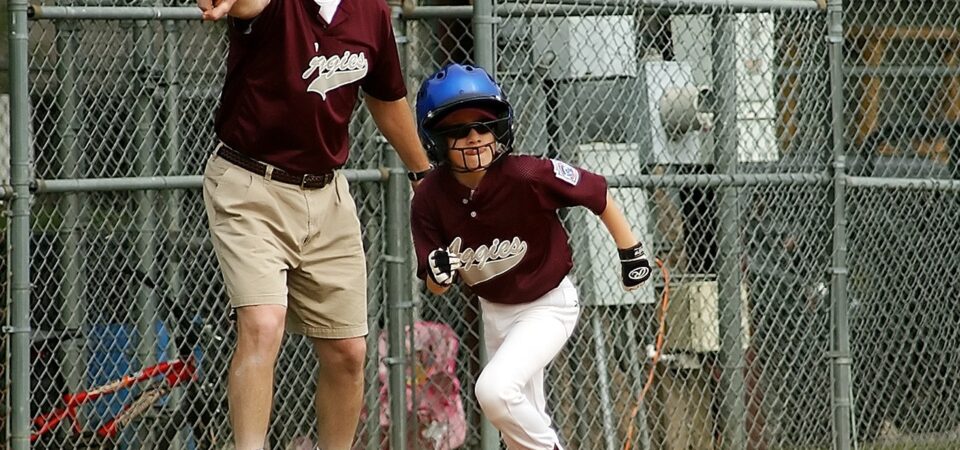Some companies concentrate on their strengths, others try to appeal to a broad range of customers. One is Annapolis Clean Carpet who doesn’t try to be the cheapest, but they give a reasonable carpet cleaning price, do a good job and concentrate on what they do well.
Another is Cove Cleaning and Janus Furniture who have a number of services and products. This may spread them thin but they have more potential customers.
Annapolis Clean Carpet has focused on carpet cleaning and related cleaning services that use the same technology. They do steam carpet cleaning, upholstery cleaning and drapery cleaning. They also do rug cleaning of Persian rugs and Oriental carpets and others.
Cove Cleaning on the other hand has decided try to provide as many cleaning services as possible. This is not unusual for a larger company but Cove isn’t very big. The question is, are they losing focus and quality and service by spreading themselves over so many areas?
They do carpet cleaning, upholstery cleaning, drapery cleaning and rug cleaning. So far so good. Same as Annapolis Clean Carpet. But, they also do tile stripping and waxing, house cleaning, window cleaning, office cleaning, janitorial services, power washing, industrial power washing and there are probably others that don’t come to mind at the moment.
Janus Furniture, actually doesn’t sell furniture even though they want to do that at some point. They sell used appliances. They were doing quite well. However, they then decided to open a restaurant before getting all the systems in place and a really strong organization for the used appliances.
They were getting close to opening the restaurant when they had the opportunity to get involved with wholesaling used appliances. They were warned about losing focus. The restaurant had delays with permitting and other issues and took a lot longer to open than planned.
The wholesale appliance business didn’t pan out. The appliances that they received were mostly junk and they had to sell most for scrap metal, losing money on each one. Then there were salaries on top. They lost a lot of money, fell behind on paying rent and employees for the retail used appliance business and are in danger of going out of business.
Annapolis Clean Carpet meanwhile has stuck to what it knows and gradually expanded the area it services, choosing to grow by increased penetration and market share and developing a repeat customer base and by slowly expanding the geographic range.

 Strength: While this view may be somehow stereotyped, the fact remains that we associate our fathers with immense strength. As kids, we believed our dads could beat anyone who wanted to hurt us. We believed they could fix any broken toys. We believed they could put us on their shoulders, stand on their tiptoes and lift us high enough to touch the moon. Your coach should be someone in whom you find strength. Your definition of strength may vary from that of others. Strength for you could mean prior career success or a stable personal life, steady work out routine or a perfect fit body. Whatever strength means for you, you should be able to see it in your coach.
Strength: While this view may be somehow stereotyped, the fact remains that we associate our fathers with immense strength. As kids, we believed our dads could beat anyone who wanted to hurt us. We believed they could fix any broken toys. We believed they could put us on their shoulders, stand on their tiptoes and lift us high enough to touch the moon. Your coach should be someone in whom you find strength. Your definition of strength may vary from that of others. Strength for you could mean prior career success or a stable personal life, steady work out routine or a perfect fit body. Whatever strength means for you, you should be able to see it in your coach.